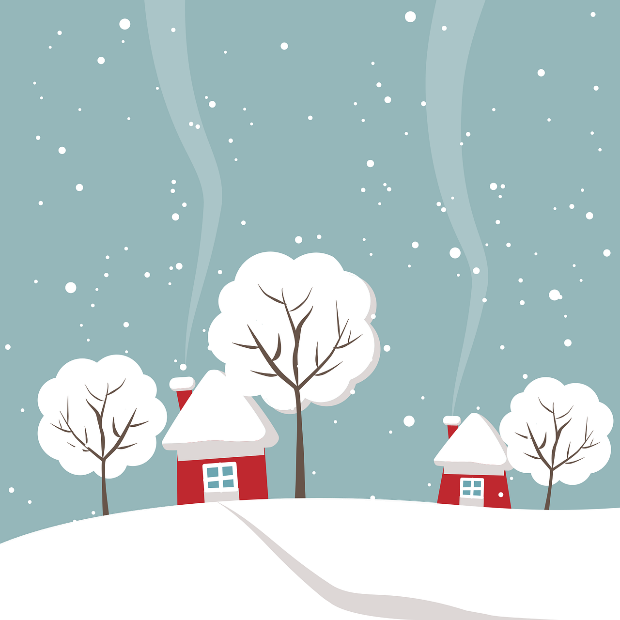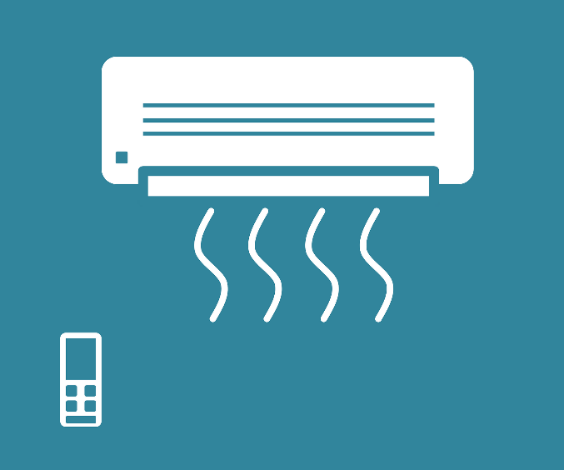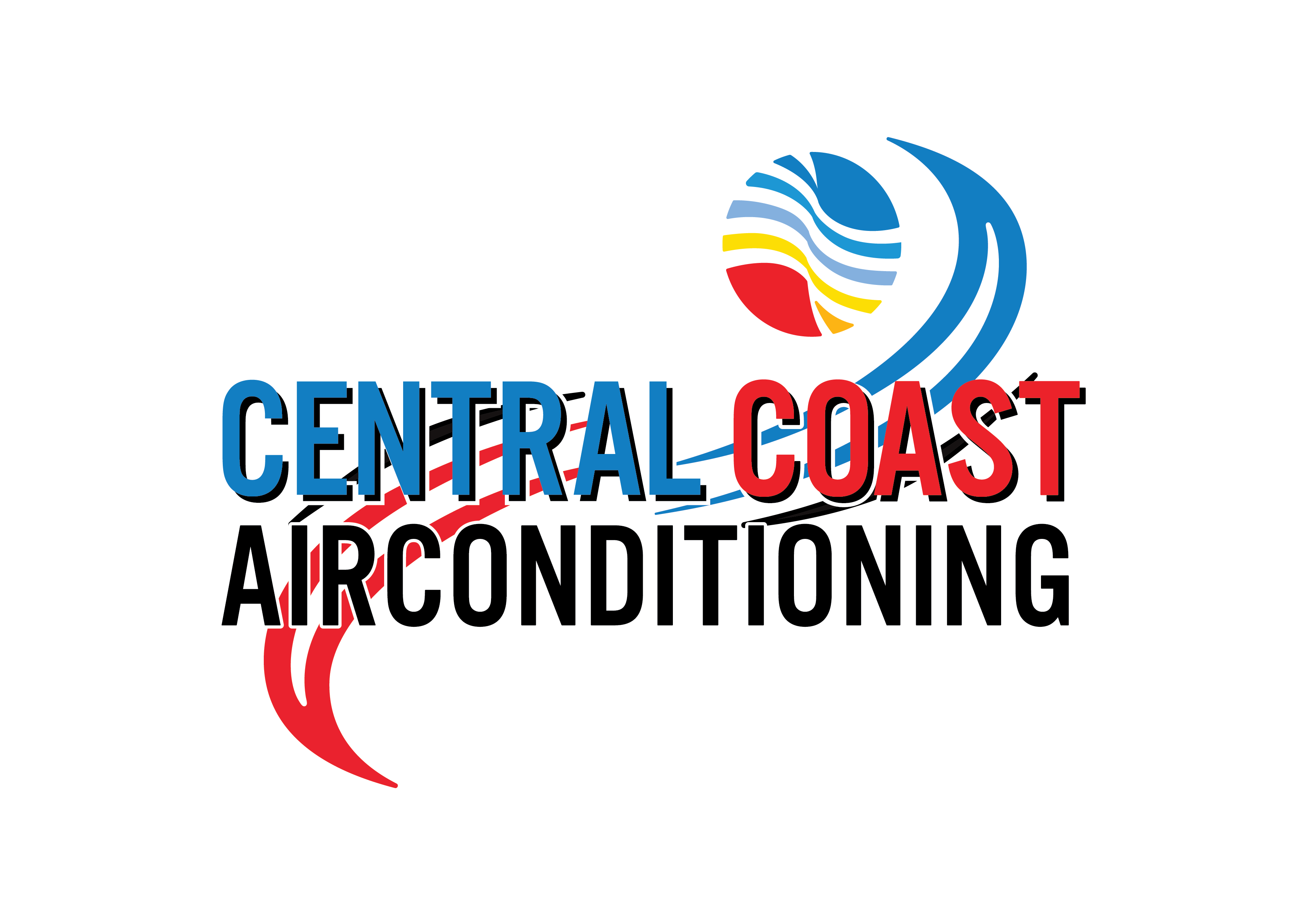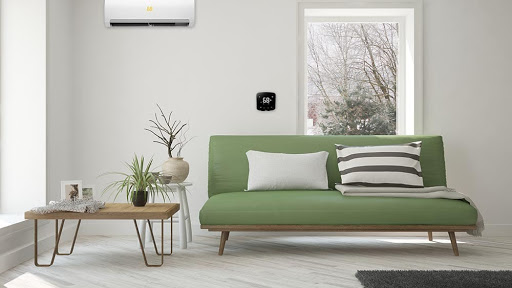Are You Using Air Conditioning in Winter: Yes or No?
It’s that cold time of the year again, and you’re either a lover or hater of winter! There are many different ways to keep your house warm in winter, and reverse cycle air conditioning is one of the more effective methods.
So, the question is, should you use an air conditioner to heat your home? Let’s dive into whether or not it is safe to use AC in winter, the pros and cons, and also, tips for using aircon during the colder seasons

Is Running Air Conditioning in Winter Bad for Your Health?
Many of us hold the assumption that running aircon during wintertime is bad for our health and can make us ‘sick’.
Researchers have coined this as “sick building syndrome”, which is caused by the bacteria, fungi or mould that grows inside of an AC system, becoming dangerous once airborne. This is what triggers allergies, asthma or dry eyes in an air-conditioned room, not the actual AC airflow.
For that reason, using air conditioning during winter is completely safe as long as the system is regularly cleaned and maintained, and it is at a suitable temperature for everyone in the space.
How Much Does It Cost to Use Air Conditioning in Winter?
The cost of running can depend on many factors such as the type and size of the AC system, and the size and insulation of the space to be heated. The optimal temperature for air conditioning in the Australian winter is somewhere in the low twenties, anything higher will use more energy and add to your electricity bill.
According to Canstar Blue, it costs up to $0.36 per hour to use a reverse cycle air conditioner to heat a single room. Whereas running a ducted whole-house reverse cycle AC can cost up to $2.12 per hour for a large system – this might make you think twice before using AC to warm your house!
Pros of Using Air Conditioning in Winter
There are many benefits of using air conditioning in winter such as:
Improved Safety
You are decreasing the risk of a fire when you use aircon (versus a column or electric heater); this may be particularly important if you are in a house with children or pets.
Better Air Quality
The majority of modern AC systems have air purifiers built-in, trapping all the dust, dirt, and allergens.
Good for the Environment
Reverse cycle air conditioning generates only 1⁄3 of the greenhouse gas emissions of normal electric heaters (YourHome).
Tips for Using Air Conditioning in Winter
Filter
Clean your filters in advance. This will ensure comfort and air quality are maintained, also helping to lengthen the lifespan of your unit. Air filters should be cleaned every 6 months and replaced when necessary.

Insulation
Check your home is properly insulated; poorly insulated homes allow airflow to escape, and your AC unit will have to work harder.
Trap the Heat
Take advantage of blinds and curtains when using AC in the winter, and ensure your windows are closed when the unit is operating.
Service
Professional maintenance for your unit helps guarantee your system lasts and performs efficiently. Get in touch with your trusted air conditioning specialist
Are you looking for more handy tips on air conditioning energy-saving tips? Why not read about the top five air conditioning myths?
Your Winter Air Conditioning Specialists: Central Coast Air
Central Coast Air Conditioning is a provider of quality air conditioning systems across the Central Coast NSW. We supply and install an extensive range of AC units including top-grade split system air conditioners and ducted air conditioning systems.
If you’re uncertain what AC system is best suited to your home or office, simply contact 02 4365 2677 for your winter (and all-year) comfort solution today!

